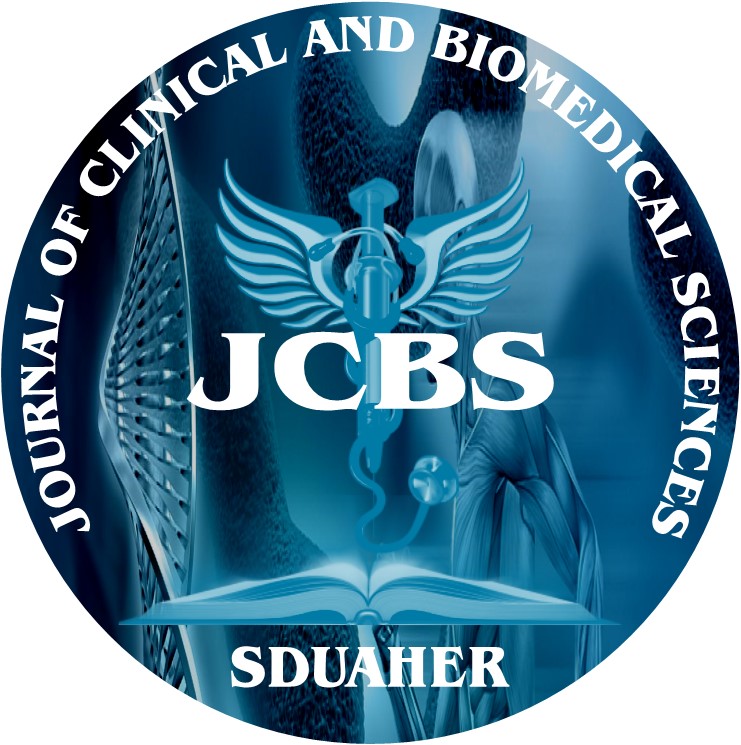


Journal of Clinical and Biomedical Sciences
Year: 2021, Volume: 11, Issue: 1, Pages: 5-14
Review Article
Rittwika Bhattacharya 1*, Soma Mukhopadhyay 2, Devasis Ghosh3
1. Ph.d, Department of Molecular Biology, Netaji Subhas Chandra Bose Cancer Research Institute, 3081 Nayabad, Kolkata-700094, India.
2. Ph.d, Department of Molecular Biology and Clinical Oncology, Netaji Subhas Chandra Bose Cancer Research Institute, 3081 Nayabad, Kolkata-700094, India.
3. Consultant in Mental Health at Belle Vue Clinic, Kolkata. Funding information: Institutional R&D fund Kolkata-700094, India
*Corresponding Author
E-mail: [email protected]
Mobile No: +917439131103
Background for the study: Melatonin (N Acetyl 5 methoxy tryptamine), a biological synchronizer of human circadian clock, is a pluripotent pineal hormone. Melatonin, upon binding with its membrane receptors MT1 and MT2 regulate circadian and seasonal rhythms of biological clock, while it exerts its immunomodulatory and antitumor effects upon binding with its nuclear RZR/ROR class receptor. The present study was aimed to evaluate Melatonin’s ability to address the major hallmarks of cancer, its shortcomings, its potential synergism with conventional chemotherapeutics and discussion on available preclinical and clinical data. Results: Melatonin is found to attenuate almost all hallmarks of cancer progression. Melatonin reduces NAD+, downregulates HIF1α induced activation of Pyruvate dehydrogenase, thus attenuating Warburg effect. Melatonin also impedes SOX9 and HIF1α mediated epithelial to mesenchymal transition; attenuates sustained proliferation through downregulation of NFĸβ, PI3K, HIF1α, ERα, cMyc-Nestin pathways in cancer. Melatonin also attenuates tumor angiogenesis while promoting would healing in normal tissues. Melatonin has strong immunomodulatory role through upregulation of T helper and NK cells and was found to impede cancer progression through Indolamine 2,3 Dioxygenase induced rapid tryptophan depletion from tumor microenvironment. However, dual reports of Melatonin’s role in DNA damage repair process in cancer, necessitates in depth molecular analysis. Different clinical trial settings on adjunct Melatonin treatment along with different class of chemotherapeutics showed that adjunct Melatonin is best effective along-with antimetabolite chemotherapies. Conclusions: Despite of earlier studies on Melatonin’s efficacy as an oncostatic agent, a detailed analysis of Melatonin’s effect in complex living system would unravel its true oncostatic potential.
Keywords: Melatonin, Melatonin Metabolism, Melatonin and cancer hallmarks, Preclinical and clinical studies
Subscribe now for latest articles and news.